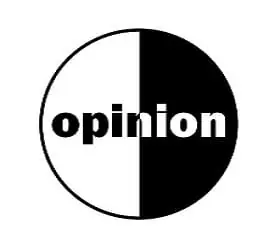- Barbershop/ Salon and Environmental Health
” There are some bumps on my forehead: hair itching and head lice. Many people experience this same phenomenon after visiting a barbershop or salon.
Barbershops and salons are part of our culture. We love our hair well groomed, and ladies love hair well done in the latest style. Barbershops are also a place where we discuss social issues, current issues, and sports, but on the flip side, they are a source and transmission of many diseases due to many unsanitary issues.
This article will discuss prevalent diseases and some preventative measures that barbershops and salons can take.
In the salon and barbershop industry, many diseases can occur due to unsanitary practices, such as dirty Clippers, unsterilized razor blades, dirty sinks, etc. These practices transmit diseases such as herpes. We will look at at least three of these diseases and then suggest simple but effective preventative measures when visiting a barbershop or salon.
Diseases
One can transmit many infections to the barbershop or salon, including lice, tetanus, and impetigo.
Lice is a common infection that many fear, but it is one of the most common within the barbershop and salon industry. Lice can be transmitted by sharing a comb or contact with an infected person. These are recognizable but constantly itching of the scalp or beard in men.
Tetanus is not common in the Caribbean context. We think this may be caused by getting punched by an old rusty nail or scissors. But these are very common in the barbering industry, and people often get cut or scaped by rusty barbering tools.
Lastly, impetigo is a bacterial infection caused by the streptococcus and staphylococcus strains. People of any age can get infected with impetigo through skin contact, which may cause skin discoloration or yellowing.
Prevention
The barbershop and salon, such as a food establishment, require plenty of care and attention. Thus, preventing the transmission of any of the above diseases is critical. Therefore, clients, as well as barbers and hair stylists, must be cognizant of the prevention and infection control in which they ply their trade. They must do the following :
- Clean and sterilize all equipment to the correct calibration with the appropriate chemicals, such as alcohol and sanitizing agents.
- The reuse of blades is strictly prohibited as they are a source of many diseases, and many people have hair and skin infections.
- Clients should be aware of any skin or hair infections before going to the salon, and barbers and hair stylists should be mindful of these before working to minimize the spread or come into contact with them before working.
- Barbershops and salons should have healthy layouts and all necessary equipment and facilities that are convenient for their clients, such as proper handwash stations, washroom facilities, autoclaves, etc.
- Barbershops and salons should be inspected and licensed by the relevant state agency for public health.
In conclusion, being well groomed and having ladies’ hair done is a modern-day luxury, but it comes at a cost. It can negatively impact the health and well-being of clients after they leave these places. Thus, health is your wealth.




